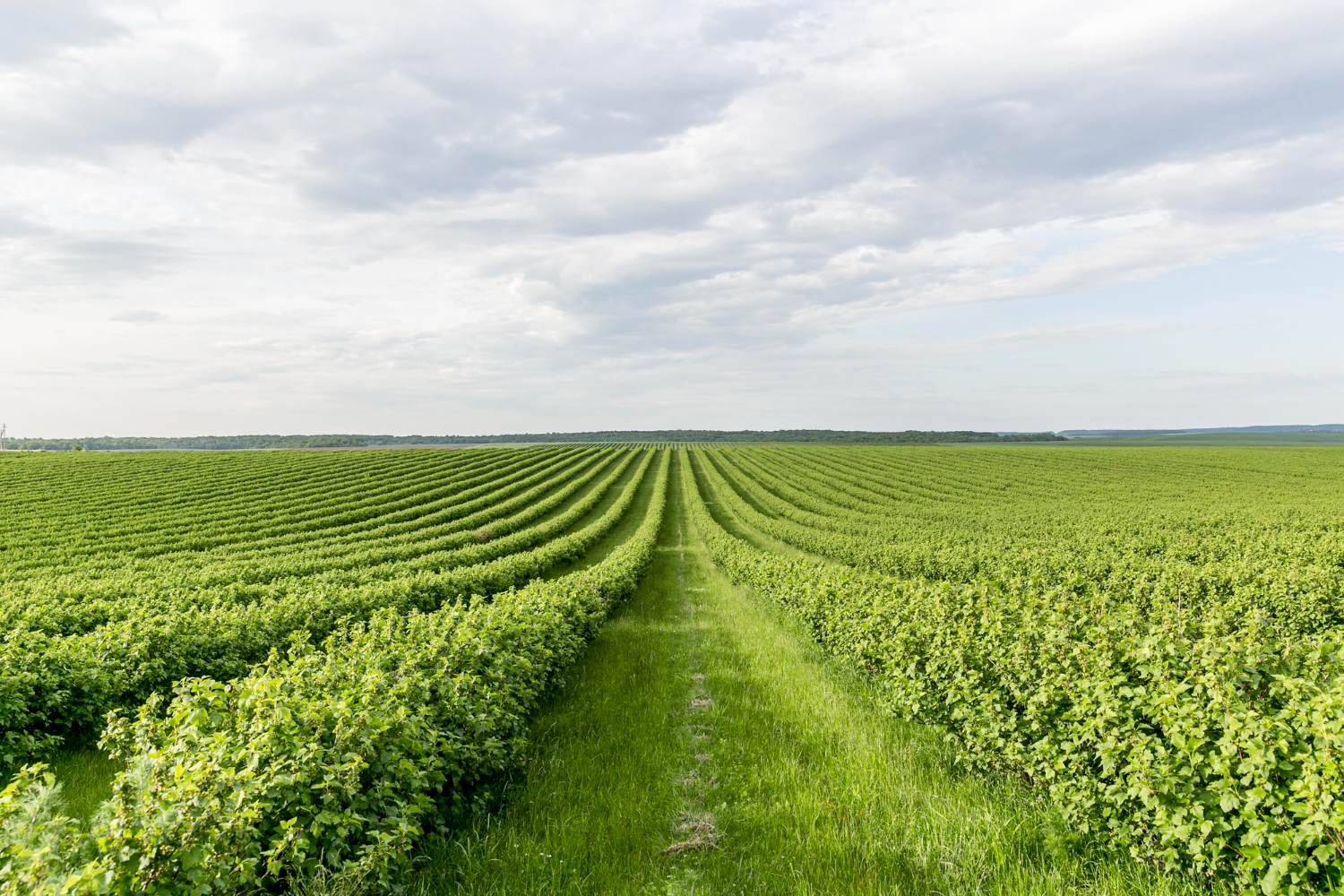- info@farmkit.io
- 5000 Yonge St Suite 1901, Toronto, ON M2N 7E9
The Pivotal Role of Agriculture in Our Lives
farmkit_admin
September 14, 2023
Smart Agriculture

Agriculture, a cornerstone of human civilization, profoundly influences our daily lives. Its evolution from primitive hunting to sophisticated farming practices underscores its importance in human progress. This article delves into why agriculture is crucial and how technology is reshaping this age-old industry.
The Historical Significance of Agriculture
Agriculture, one of the oldest human activities, marked a significant transition from nomadic life to settled societies. Before agriculture, humans relied solely on hunting for survival. The advent of farming techniques allowed humans to cultivate land, grow crops, and raise livestock, leading to more stable food sources and the foundation of civilizations.
Transforming Societies
Agriculture’s impact extends beyond mere food production. It has been integral in forming the societal structures we see today. From shifting cultivation by hunter-gatherers to more complex farming methods like plantation farming, subsistence farming, and mixed farming, agriculture has continuously evolved to meet human needs.
Economic Importance
Agriculture remains a vital industry, contributing significantly to national economies. It creates numerous jobs, supports rural communities, and generates substantial export earnings through commodities like wheat, soybeans, and coffee. However, this sector faces challenges from climate change and environmental shifts, affecting crop yields and necessitating adaptive strategies for sustainable growth.
Revolutionizing Agriculture with Technology
The agricultural industry is undergoing a remarkable transformation, spurred by technological advancements. Here’s how technology is revolutionizing agriculture:
Precision Farming: Modern agriculture has moved from traditional manual methods to automated systems. Technologies like GPS-equipped tractors and crop sensors have made farming more precise and efficient, reducing guesswork and enhancing productivity.
Automated Operations: The automation of farming tasks, such as pesticide spraying and fertilizer application, has become more prevalent, marking a shift from the practices of 50 years ago.
Environmental Conservation: Variable rate technology, which analyses soil characteristics and crop data to determine optimal fertilizer and pesticide applications, is revolutionizing crop management. This not only boosts efficiency but also conserves natural resources by preventing excessive use of chemicals that could contaminate water supplies.
Challenges and Opportunities
The integration of technology in agriculture presents both challenges and opportunities. While technology offers solutions for precise farming and resource conservation, its implementation and accessibility remain critical issues, especially in developing regions. Balancing technological advancements with environmental sustainability and economic feasibility is key to the future of agriculture.
Conclusion
Agriculture’s role in shaping human history and its ongoing evolution with technological advancements cannot be overstated. It is fundamental to our survival, economic stability, and environmental sustainability. As we continue to innovate and adapt, agriculture will remain a pivotal aspect of our lives, influencing the way we live, eat, and interact with our planet.
Featured News
Traditional vs. Modern Farming Techniques: A Comparative Analysis
6 Transformations of technology in agriculture that you should know
March 22, 2024
The Impact of Nanotechnology in Agriculture and Beyond
February 27, 2024
